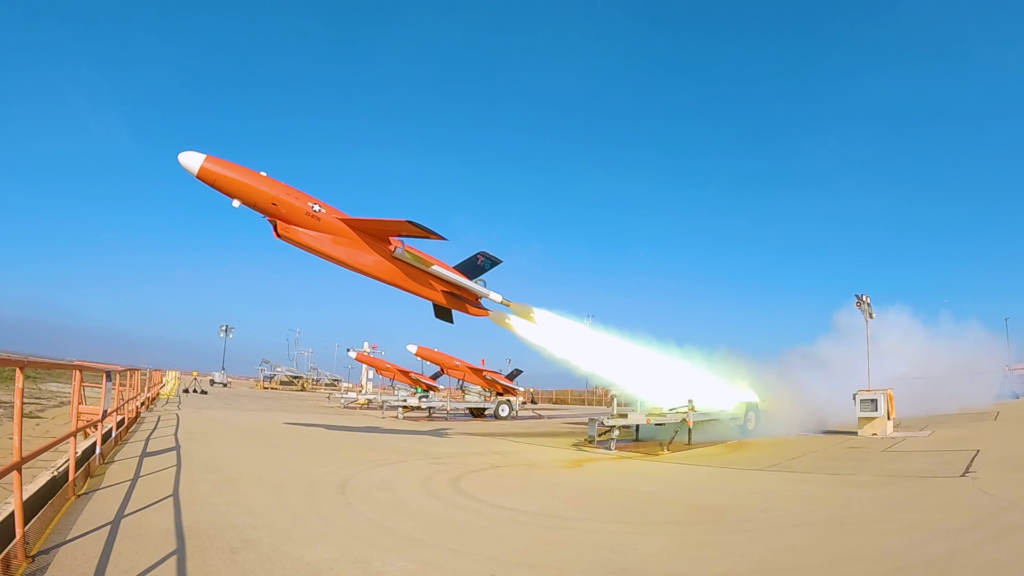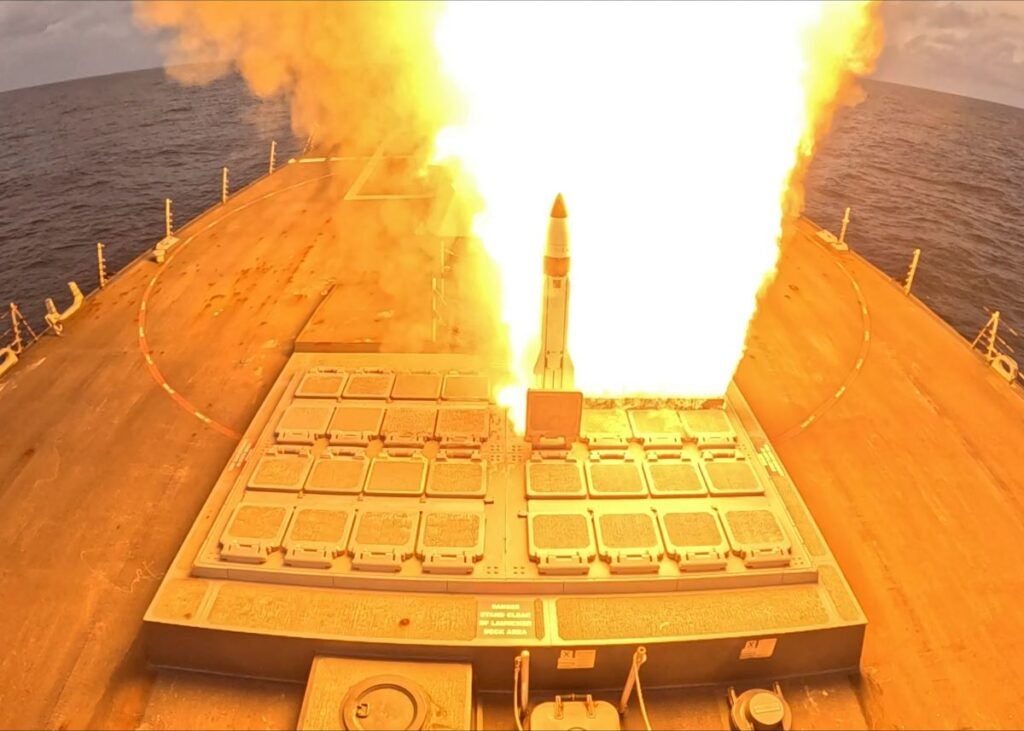Defense Daily
-
Tuesday, January 20, 2026
- Defense Watch: SHIELD Grows, Navy CCA Demo, Lunday Sworn In, York Sets Price
- FF(X) Frigate Restricts Engineering To Single Digit Changes Over NSC, Containerize Extra Systems
- Mistral, UVision To Provide HERO 90 Loitering Munition For Army’s LASSO Effort
- Navy Should Consolidate Command-And-Control Platforms For Unmanned Vessels, Official Says
- Coast Guard Establishes Rapid Prototyping Office
- Estonian Conference This Month May Dovetail With Pentagon Swarm Forge Effort
-
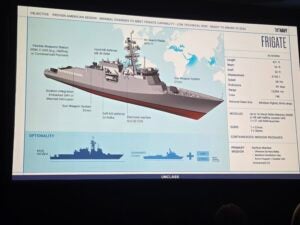 Navy/USMC
Navy/USMCFF(X) Frigate Restricts Engineering To Single Digit Changes Over NSC, Containerize Extra Systems
Navy officials last week said the new FF(X) frigate, based on the Coast Guard’s National Security Cutter (NSC) design, will have extremely constrained engineering changes and they plan to primarily […]
Tagged in: -
 Army
ArmyMistral, UVision To Provide HERO 90 Loitering Munition For Army’s LASSO Effort
Mistral Inc. and UVision will supply the HERO 90 anti-armor loitering munition in support of the Army’s Low Altitude Stalking and Strike Ordnance (LASSO) program, the firms announced Friday. The […]
-
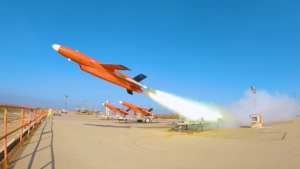 Uncategorized
UncategorizedDefense Watch: SHIELD Grows, Navy CCA Demo, Lunday Sworn In, York Sets Price
More SHIELD. The Missile Defense Agency (MDA) on Jan. 15 announced it made another 340 awards under the Scalable Homeland Innovative Enterprise Layered Defense (SHIELD) multiple award contract, raising the […]
-
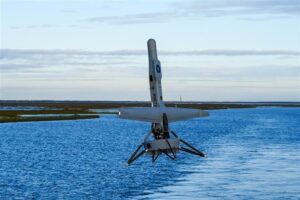 Advanced / Transformational Technology
Advanced / Transformational TechnologyCoast Guard Establishes Rapid Prototyping Office
As part of initiative launched earlier this year to boost the Coast Guard’s resources to enlarge the service and make it more agile and responsive, the service last Friday announced […]
-
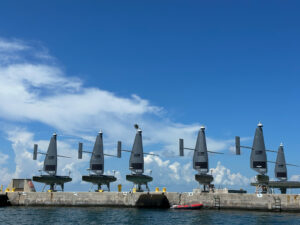 Navy/USMC
Navy/USMCNavy Should Consolidate Command-And-Control Platforms For Unmanned Vessels, Official Says
The Navy has more command-and-control platforms than it needs and should limit these to ensure more constancy across its fleets, the officer in charge of technology and innovation at the […]
-
 Unmanned Systems
Unmanned SystemsEstonian Conference This Month May Dovetail With Pentagon Swarm Forge Effort
Florida’s Ondas Inc. [ONDS] established its Ondas Capital business unit last September to invest $150 million in two years to scale up “mature and combat-proven defense technologies” initially focused on Ukraine. […]
-
Friday, January 16, 2026
- Head Of U.S. Fleet Forces Command Outlines Navy Need For Larger Missile Stable
- Battleship Solves The Weapons Choice DDG(X) Faced, Navy Official Says
- Anduril To Deliver More Than 600 Bolt-Ms For Marines’ OPF-L Loitering Munition Program
- USAF To Pursue Degraded Visual Environment System For HH-60W Without Helmet Mounted Display
- U.S. OKs Potential $1.5 Billion Deal With Peru For Naval Base Work, New FMS With Kuwait, Iraq
- HII Doubles The Size Of UK Unmanned Vehicle Facility
- Parsons Acquires Altamira For $375 Million, Strengthening Defense And Intelligence Work
- Seasats Discloses $24 Million APFIT Award For Lightfish ASVs
-
Friday, January 16, 2026
- Head Of U.S. Fleet Forces Command Outlines Navy Need For Larger Missile Stable
- Battleship Solves The Weapons Choice DDG(X) Faced, Navy Official Says
- Anduril To Deliver More Than 600 Bolt-Ms For Marines’ OPF-L Loitering Munition Program
- USAF To Pursue Degraded Visual Environment System For HH-60W Without Helmet Mounted Display
- U.S. OKs Potential $1.5 Billion Deal With Peru For Naval Base Work, New FMS With Kuwait, Iraq
- HII Doubles The Size Of UK Unmanned Vehicle Facility
- Parsons Acquires Altamira For $375 Million, Strengthening Defense And Intelligence Work
- Seasats Discloses $24 Million APFIT Award For Lightfish ASVs
-
 International
InternationalU.S. OKs Potential $1.5 Billion Deal With Peru For Naval Base Work, New FMS With Kuwait, Iraq
The U.S. has approved a potential $1.5 billion deal with Peru for the design and construction of maritime and onshore facilities at the country’s Callao Naval Base. Along with the […]

